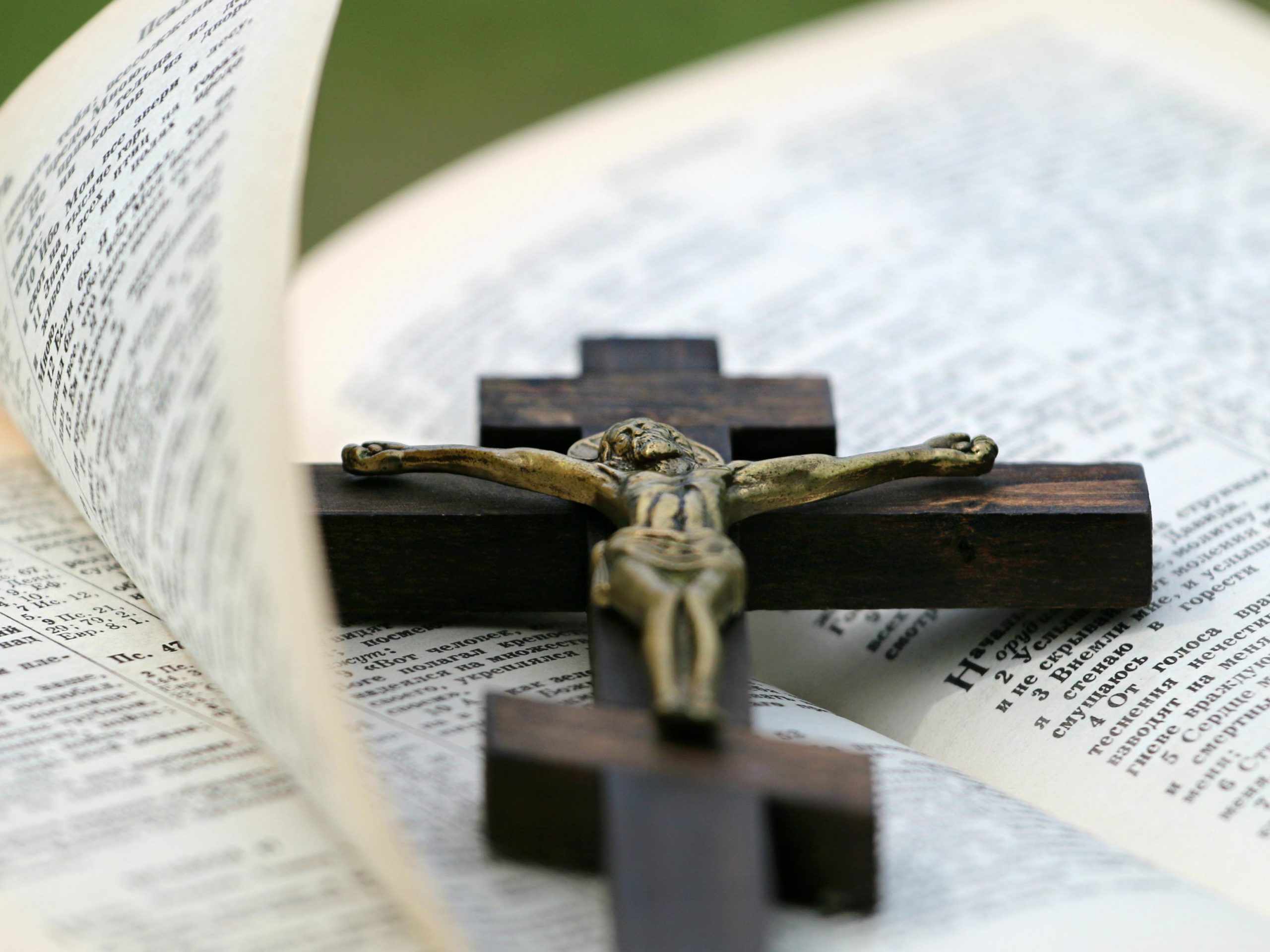
Christians follow the pattern of Christ, while many who claim the name defy the pattern.
Blessed are you when people revile you and persecute you and utter all kinds of evil against you falsely on my account. Rejoice and be glad, for your reward is great in heaven, for in the same way they persecuted the prophets who were before you (Matthew 5:11-12).
For growing numbers of Americans, Christian discipleship entails the opposite of its gospel meaning. That includes Christians who overly compromise their moral purposes to secular powers. It also includes those disillusioned by those compromised Christians. Perhaps with Jesus’ word in the back of their minds, “You will know them by their fruits” (Matthew 7:16a), the disillusioned walk away in record numbers.
Despite Jesus’ repeated refrain that the first will be last and the last will be first, powerful and privileged Christians invoke Christ’s name to maintain their position at the expense of the poor and disadvantaged.
Despite Jesus’ repeated counsel for humble self-examination, repentance, and servanthood for all people, pious politicians and popular religious power brokers hold up hubris and partisan political tactics as virtues.
Despite Jesus’ repeated ultimatum that we must choose between worship of wealth and worship of God, American Christians presume the virtue of greed. Moreover, they remain curiously willing to protect and even honor the hoarding of wealth and power by the wealthy.
Despite Jesus’ nonviolence unto death and his challenge to turn the other cheek, some need faith in guns to augment their faith in the Prince of Peace. They often claim divine approval for resisting common sense checks on access to lethal weapons.
Despite Jesus’ mercies on those his nation considered suspect aliens — even holding a Roman up as the greatest example of faith and a Samaritan as the greatest example of a neighbor — many Christians get most passionate about refusing asylum for refugees of oppressive and violent regimes.
Meanwhile, some take to heart the mission of Jesus’ prophetic mission:
The Spirit of the Lord is upon me, because he has anointed me to bring good news to the poor. He has sent me to proclaim release to the captives and recovery of sight to the blind, to let the oppressed go free,to proclaim the year of the Lord’s favor (Luke 4:18-19; see Isaiah 61:1-2).
Some take seriously that Jesus’ call to follow him invites them to join him in that mission. They live in communion with Christ crucified, suffering still, all too often at the hands of those who claim his name. These Christians share his sufferings when they bear the burden of misunderstanding wrought by those who distort his truth.
They do not demand as much attention because in obedience to their Lord and savior, they exercise their strength with gentleness. When they see other Christians turn the faith on its head, they search first their own hearts for similar sins to repent.
Then they listen for Christ’s call, “Follow me.” Often enough they go to places and people that do not profit the powerful or entice the media. They go to the lonely, the forgotten, and there they meet Christ (see Matthew 25:31-46).
Yes, there they meet the risen Christ, and in his love they find their voices. They speak through their lives of love, and those around them with eyes to see, see Christ through them, those with ears to hear, hear Christ through them.
And with so much attention turned to those who pervert Christianity, blessed are the eyes that see and the ears that hear the witness of quiet disciples, of anonymous saints.
Related Posts
When Christians Persecute
Live Your Truth
How I Will Celebrate the Presidential Inauguration of Donald Trump
Constantine, the Kingdom, and You


How I love this post although the truth of it saddens my heart! May the “quiet disciples” continue to produce much fruit!!
Thank you, Kathy, and it saddens me too. This is certainly not the first time Christianity has been in this predicament, and arguably, it has been in this predicament in varying degrees from the start. We need community to sustain our faith, but we can see throughout the New Testament a struggle from the start to keep the community’s focus on the priorities of Christ over against the priorities of secular power. And then when we look within, we can find that struggle going on within our own hearts as we are torn between conflicting anxieties and desires. You are a person of deep and constant prayer, and I believe that in tandem with people like you, the Holy Spirit keeps turning the wrecks we make into shelters and sanctuaries to the glory of God.
It remains that the concept of the remnant is where I feel the church is. I remember the quote from Chesterton: “The Christian ideal has not been tried and found wanting. It has been found difficult; and left untried.”
Could it be that we are where we are because the ideal of Christ is so hard that we are unwilling to pay the price of discipleship?
Excellent question (and excellent quote from Chesterton). I also really appreciate your bringing up the prophetic image of the remnant, upon which all serious Christians should spend time meditating. Who is the church? Where is the community that bears witness to God’s liberating love? In a broken world, the institution may be necessary, but finding out where the action of discipleship is requires a closer and discerning gaze, not only at the church as we know it, but in our own hearts.
I have been studying the Sermon on the Mount for months now with the question you ask in mind. It is too hard to follow on our own power, so it calls us to repentance and grateful reliance on grace. But that does not mean that it calls us to resign to our helplessness. Jesus wraps it up with a clear call to action that we would not take based on standards of worldly survival or common sense. It has always been important to discern through love, in solitude and together, what it means for us in our context to pay the price. The church would answer her call far better if she was more intentional about that, if that was not just the task of private individuals and subgroups.